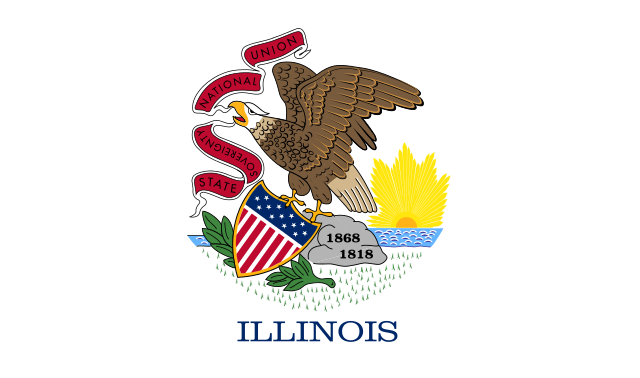 The Illinois Supreme Court on Wednesday complied with a request by Illinois Attorney General Lisa Madigan to fast track the hearing over the state’s pension reform law, which a lower court found unconstitutional.
The Illinois Supreme Court on Wednesday complied with a request by Illinois Attorney General Lisa Madigan to fast track the hearing over the state’s pension reform law, which a lower court found unconstitutional.
From Reuters:
The court ordered public labor unions and retiree groups challenging the law and the state to file their briefs in January and February with oral arguments to be scheduled in March. Illinois Attorney General Lisa Madigan had asked the court last week to speed up the appeal process.
The state asked for oral arguments as early as Jan. 22 and no later than March 10 to enable Illinois’ upcoming budget to incorporate about $1 billion in cost-savings under the law, or adequate spending cuts or tax increases to offset those savings.
The pension reform law was supposed to go into effect on June 1 but was put on hold by Sangamon County Circuit Court Judge John Belz in May pending his Nov. 21 ruling in five consolidated lawsuits. The state’s new fiscal year begins July 1 and the legislature usually passes a budget by May 31.
The law’s opponents asked the supreme court on Tuesday not to speed up the case.
The law raises retirement ages and suspends COLAs for some workers, and makes state contributions to the pension system enforceable by the Illinois Supreme Court.